
If you are looking for a place to find a dental laboratory equipment list, look no further.
We at Engiomed have the complete list you will need for your laboratory.
Dental Laboratory Equipment encompasses the full range of systems you will need for the manufacturing of fixed or removable dental prosthetics.
Whether your lab is focusing on using the latest digital dental technologies for highly efficient production or time-tested techniques for maximum aesthetic results, these will be crucial to fabricate dental restorations.
Moreover, your dental equipment includes everything from the bench you work on to the top-quality dental restoration equipment.
Having the right equipment and having it in good working order is crucial to lab operations and success.
Keep on reading to learn more about Dental Lab Equipment List, its types, things to consider while making a purchase, and more in this guide.
Dental Laboratory Equipment List: Types
If you are wondering about the types of dental lab equipment then the answer to this question is simple.
It completely depends on the type of lab you operate and what type of restorations you want to be able to create.
If you are a full lab service that uses a variety of techniques to produce fixed and removable restorations, then your lab will need a vast range of equipment.
And it will also make sense to look at systems that are both flexible and efficient.
However, if your lab focuses on certain restorations specifically then you will want to invest in the equipment that best suits the tasks you will need to complete.
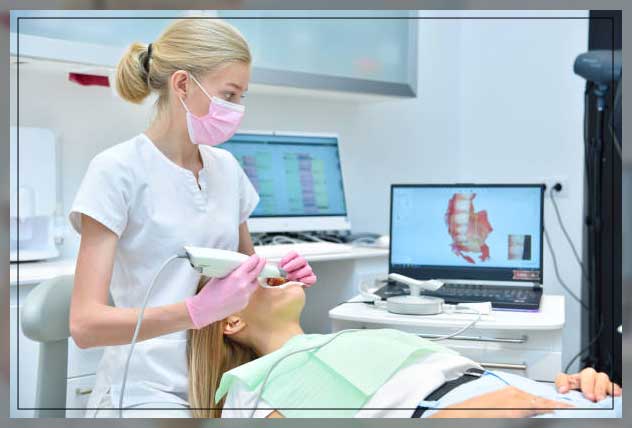
It is important to note that every lab, however, will need the basics.
These include laboratory furniture including workbenches and lighting, as well as utility equipment, including dust collectors, and compressors.
Other must-haves you will need are:
- handpiece
- articulation system for mounting models and cases
- micro motor
- cleaning and polishing systems, etc
Learn more about Dental Equipment: Overview here.
Other Types
Another category that is a part of the dental laboratory equipment list is the CAD/CAM system.
These digital platforms can help to make designs and fabricate both fixed and removable prosthetics.
Moreover, with a wide range of systems and components available, there is a digital dental technology that can fit and enhance the workflow.
This includes both large and small labs.
Furthermore, if your lab is fabricating fixed restorations like crowns and bridges there are a number of equipment systems you will need.
These will depend on the processes you will use for fabrication and the materials.
While if your lab fabricates metal restorations, you will need waxing equipment as well as investment and casting equipment.
For removable restorations, like dentures, you will need different equipment as you will be working with a different set of materials and processes.
Additionally, removable labs need to invest in systems that can work with acrylic materials and equipment for curing these materials.
Learn more about Dental Chair: Types, Components, and More here.
Factors to Consider while Making a Purchase
After settling the dental laboratory equipment list, the next step is to make a purchase.
It is important to note that your investment needs to not just fit the lab, but also be able to set up in an ergonomic and useful manner.
Thus, make sure to look at the size and configuration of any system you are considering that makes sense for the physical layout of the lab.
Another important consideration is the company behind the system you purchase.
The more complex a technology the more important this service will be.

Make sure you have someone available to help keep you up and running once a piece of equipment is in your lab.
Finally, when making a purchase for new dental lab equipment, inquire about routine maintenance that you will have to perform.
With this in mind, get your research going to find the right equipment for your dental lab.
Learn more about Lab Equipment: Essential Tools for Dentists here.
Ideal Dental Laboratory Equipment
One of the important things to note is that delivering a high-quality dental prosthesis does not need to be expensive.
Thus, make sure to make dental fabrications of the best quality, your equipment should possess the following characteristics:
Biocompatibility Dental labs need to utilize materials that offer physiological compatibility with oral tissues.
As every patient is different, some materials may lead to an allergic reaction in certain individuals.
Therefore, it is important that every piece of equipment should not contain irritants, cause allergies, or contain cytotoxic materials.
Ease of Use Some dental lab equipment has a quick setup and manipulation time.
This can make fabrication challenging during usage.
Your dental lab should use materials that allow for enough handling time.
Moreover, it provides dental technicians ease of use and lowers extra costs from manufacturing failures.
Shelf-Life Every dental lab should make an investment that has a long lifespan.
This factor is important in terms that the material allowing storage without any additional precautions.
Strength One of the important things to note is that dental facilities are prone to changes in temperature and humidity.
Moreover, this can cause damage to the physical characteristics of any equipment.
The strength of the equipment varies depending on what you use it for.
In ideal cases, they should resist any threats of breakage and allow technicians to utilize the equipment without being prone to harm.
Learn more about Sterilizer Machine here.
Common Dental Laboratory Equipment List Products
Some of the common dental laboratory equipment list and products you will need are:
Microscopes A dental microscope is a traditional piece of equipment you will find in most dental labs.
It allows dental care providers to view features and fine details that are otherwise impossible to view by the naked eye.
Moreover, this equipments improves the quality of the examination and treatment across the board.
Dental Scanner If you are looking for an innovative way to communicate and share patient info, then use Dental Scanner.
This scanning machine uses new technology, allowing orthodontists to provide diagnoses and formulate treatment plants much easier.
Model-Building Equipment With industry-leading 3D printers, you can bring manufacturing in-house.
This enables dental laboratories and clinics to produce splints, clear aligner models, biocompatible surgical guides, fixed patterns, and models, and complete dentures in a timely manner.
Dental Die and Casting Machine While ceramic and porcelain restorations are becoming increasingly common, many labs still prefer metal-based restorations.
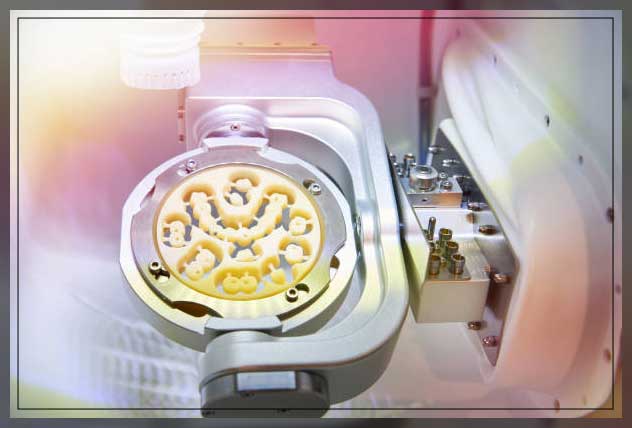
Therefore, most dental labs will benefit from the dental die and casting equipment.
Additionally, it offers automation for many labor-intensive aspects of the fabrication process.
And provides monitoring of timings and temperatures with high precision.
Divesting Machine To remove the mold surrounding a casting, it is beneficial to have a dental divesting machine.
Furthermore, this equipment is also important in cleaning and getting rid of all kinds of dirt in a dental instrument or machine.
A dental divesting machine can come from a variety of materials, including zirconia, metals, and ceramics.
Learn more about Dental Handpiece here.
Other Equipment
Some other equipments you will need to add to your dental alb equipment list are:
Dental Electric Waxers Electric dental waxes cut and shape dental axes.
It can help to design burnout or repairs prior to casting. This equipments also helps to heat up the metal tip.
Thus, making it simpler to shape and carve the waxes that are significant in the dentistry laboratory and offices.
Lightning Equipment Most tasks you will perform in a dental lab will need proper lighting and magnification for an accurate outcome.
An important thing to consider is that it should be lightweight.
With high brightness, and reduction in heat to provide the best illumination at your workstation.
Air Purifier and Filteration System A dental lab may contain substances that are harmful to health.
This can put you and others at risk of asthma, allergies, and other side effects of long-term chemical exposure.

By lowering the number of viruses and germs in a dental office, you can reduce such risks.
Therefore, it is important to place a piece of equipment to improve air quality like room air purifiers and exhaust ventilation.
Other materials and hand tools A dental lab technician must have a keen sense of detail.
Moreover, technicians can also finalize their work with the help of dental files, picks and other shaping tooths.
These can help manually create the ridges and curves that provide teeth the individuality and function.
While also making your teeth look natural.
Shade guide and Computer Colorimeter The teeth lab technician will make must blend well with the rest of the teeth.
With the help of a shade guide, technicians can use it to match the designs to the natural teeth of the patients.
In turn, this helps to make sure that the prosthesis blends it.
On the other hand, a computer colorimeter offers similar results, however, with a more advanced twist.
Learn more about dental-Ray here.
Final Thoughts
When you purchase Dental lab equipment, it is important that it should be high-quality at an affordable price range.
We at Engiomed know how crucial dental lab equipment is to the success of your practice, which is why is important to have well-trusted equipment.
Whether you are setting up a new clinic or upgrading the existing one, we have you covered. Moreover, we are sure you will find all you need, from the basic dental office tools to specialized equipment for a fully functioning dental lab.


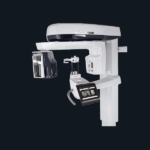
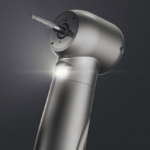
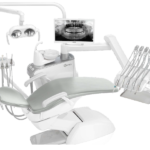
Comments